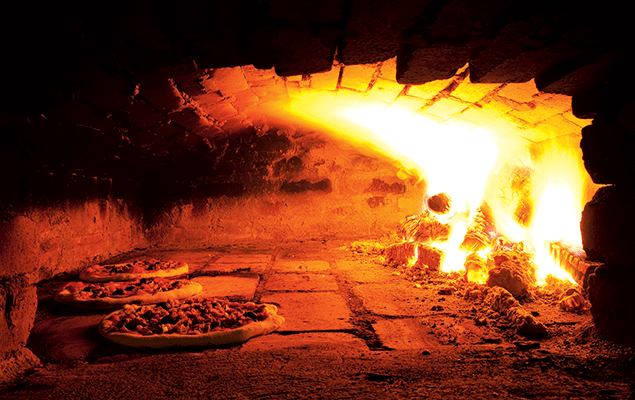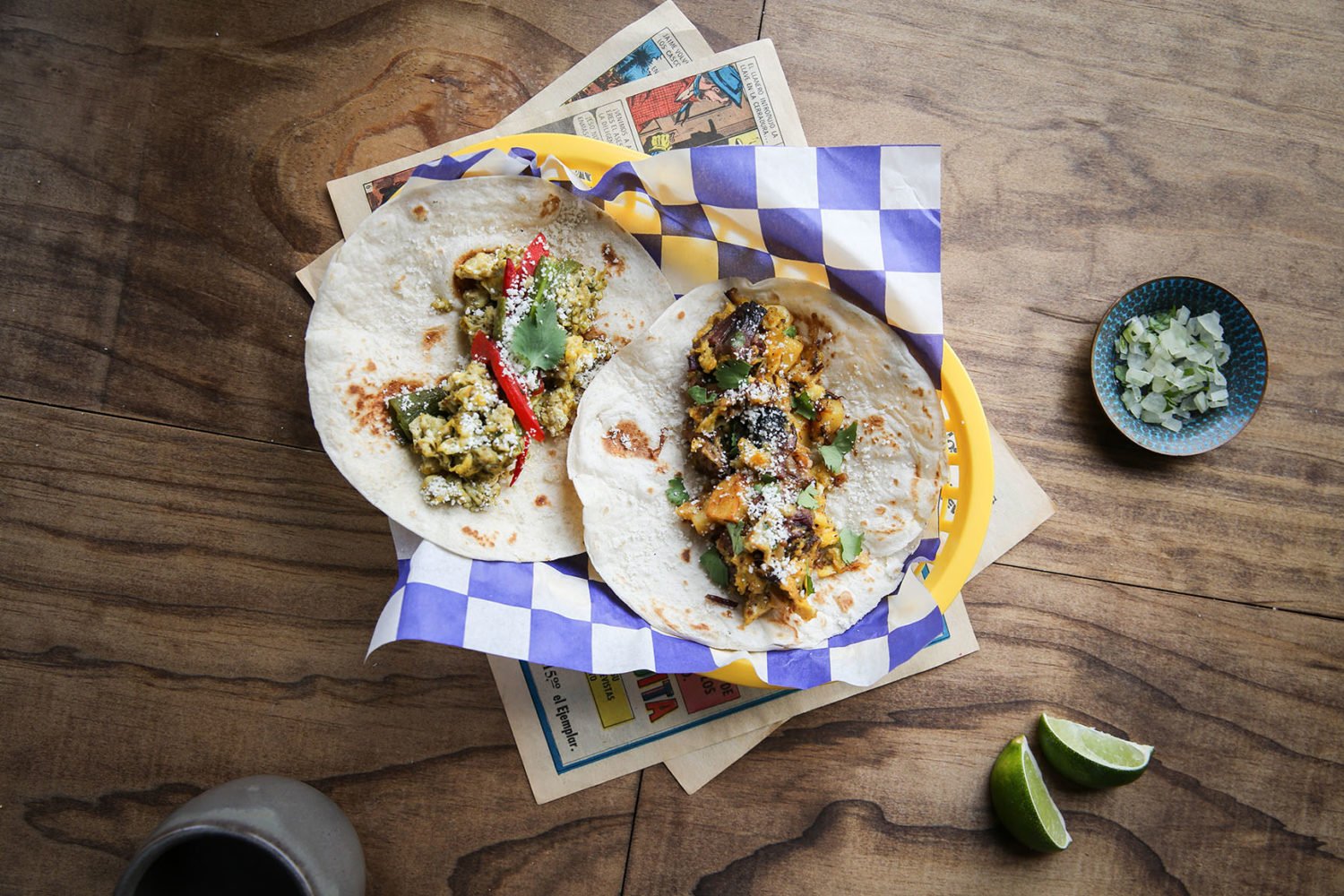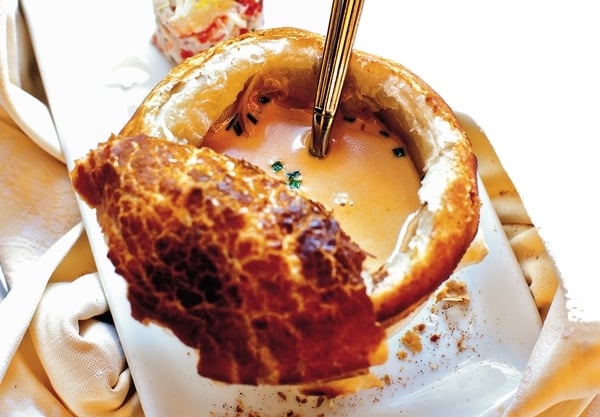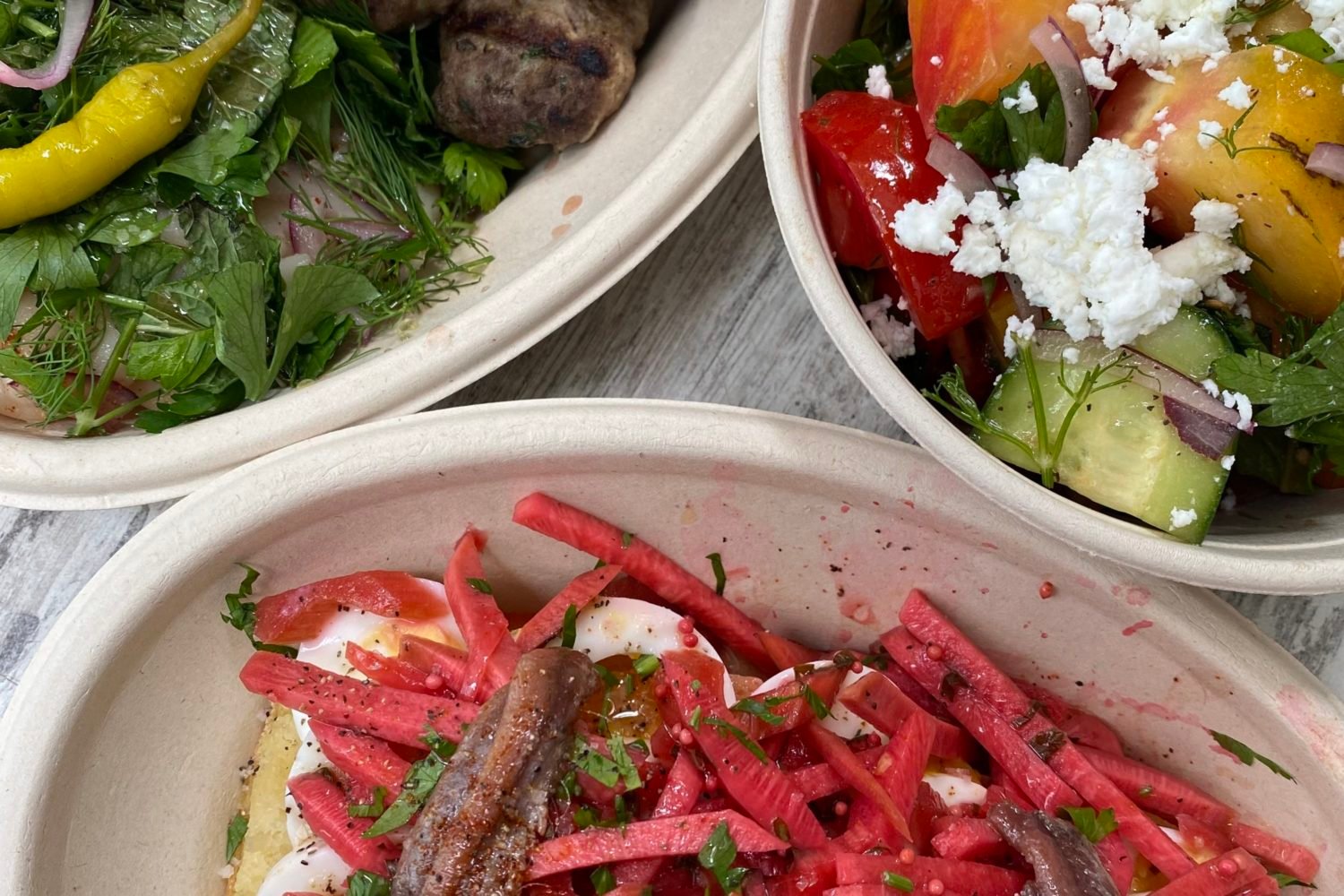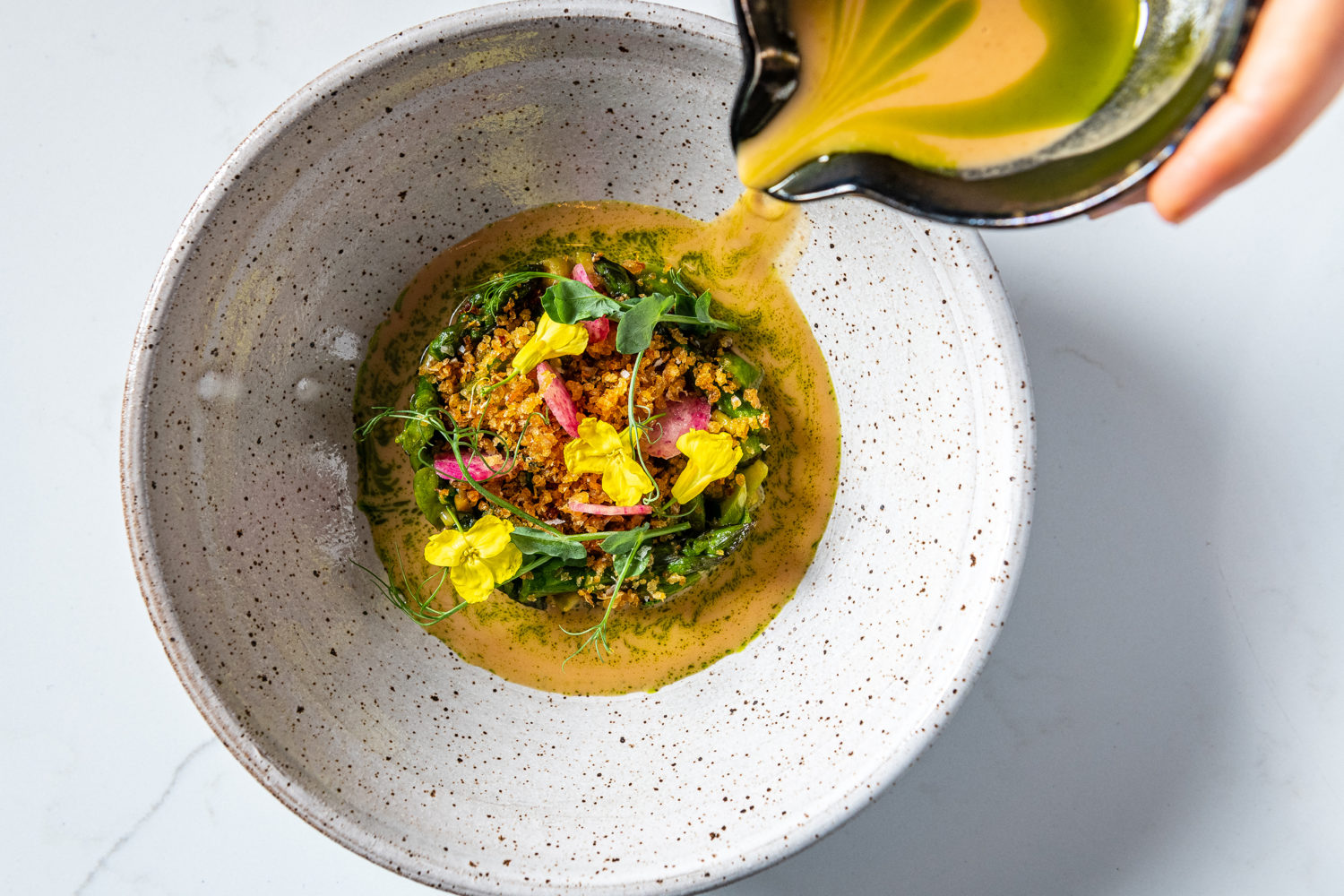Think making true Neapolitan pizza is as easy as pie? Think again. The thin-crust style is one of the most popular in Washington, but only four shops boast certification from Verace Pizza Napoletana (VPN), a group in Naples established to protect the 300-year-old traditions surrounding the city’s famous dish. It was this body that persuaded the Italian government to grant DOC status to Neapolitan pizza. As with foods such as Parmigiano-Reggiano, the label ensures that “pizza DOC”—the letters are short for denominazione di origine controllata (“controlled designation of origin”)—is made using specific methods. VPN Americas president Peppe Miele explains what it takes.
1. The Oven
Pizzas must be fired in a wood-burning dome oven that registers no less than 900 degrees, and they must cook for no longer than 90 seconds. Miele estimates that smaller ovens average $11,000 to $14,000 in price. They can be acquired through specialty builders such as Marra Forni, an internationally distributed brand headquartered in Beltsville.
2. Natural Ingredients
Each component requires specific all-natural ingredients, from the “00” wheat flour and low-acid yeast used in the crust to the Italian tomatoes such as San Marzano in the sauce to the mozzarella di bufala from Campania for the topping.
3. Perfect Dimensions
Dough must be shaped by hand into rounds no larger than 11 inches in diameter, with a thin center and inch-high pillowy raised edges.
4. Instruction
“We interview the pizza makers,” Miele says. “You have to have a solid commitment to the tradition.” Many hoping to get certified train with VPN’s master pizzaiolo at its US base in California, which provides intensive eight-hour classes over the course of a week. But just because a pizzaiolo is certified doesn’t mean the restaurant is.
5. Application and Inspection
Once the many pieces are in place, restaurant owners submit a lengthy application to VPN that includes a profile of the pizza maker and video footage detailing each stage of the cooking process. Promising applicants are visited by a VPN inspector for live demonstrations and interviews.
6. Certification
After the months-long process is complete, the qualified restaurant pays a one-time certification fee of $2,000 plus $250 a year to renew. Certification is valid only for the accepted location; additional branches must apply separately. In return, the restaurant receives perks such as a VPN plaque to display and a listing on the organization’s website. Says Miele: “We want to transfer this treasure, to be together in the world of pizza.”

